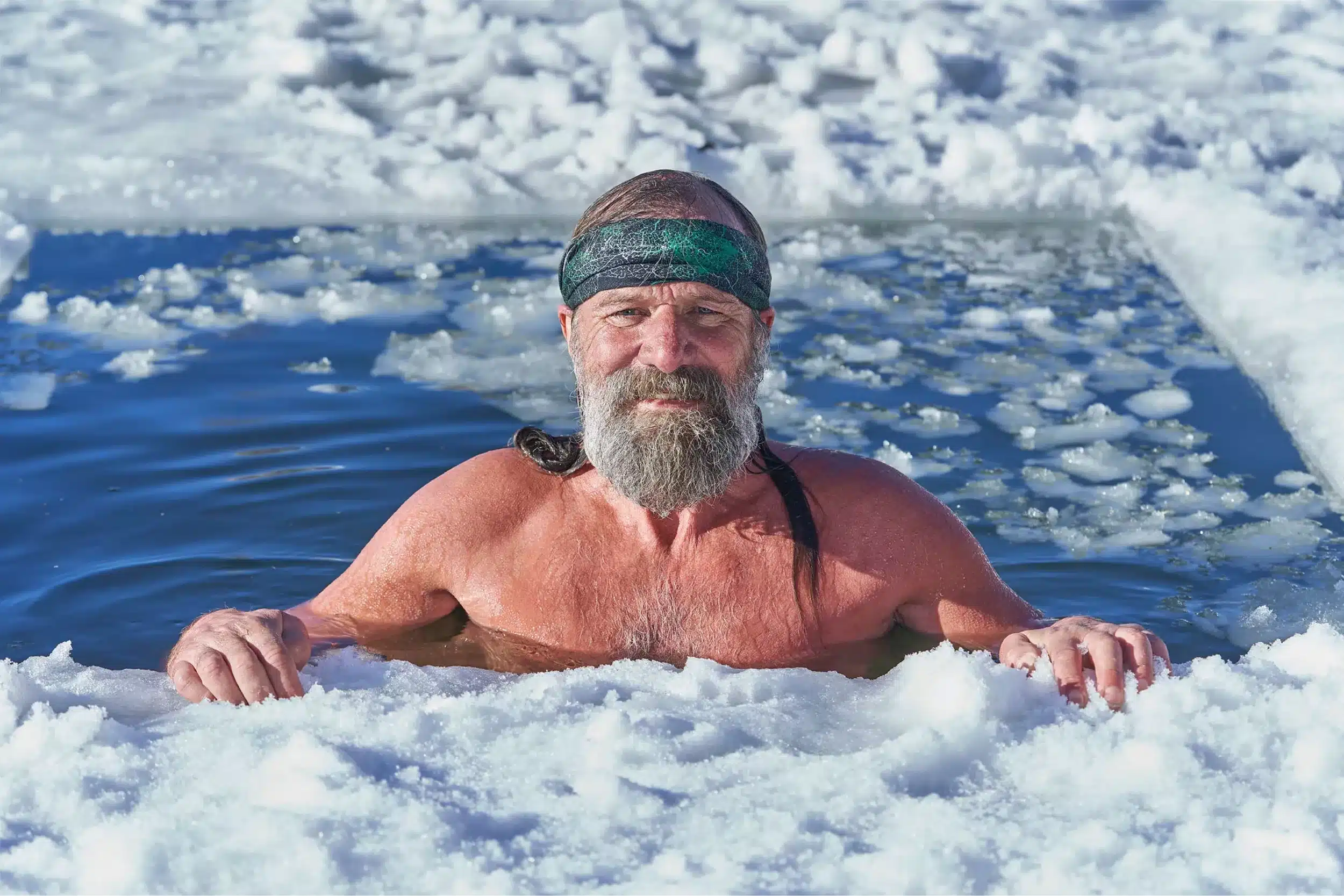In the quest for enhanced well-being and productivity, biohacking techniques like cold showers, the Wim Hof Method, and dopamine detoxing have surged in popularity.
Advocates claim these practices can boost energy, sharpen focus, and improve resilience. But what does the scientific evidence say about their actual effectiveness?
The Allure of Biohacking

Plunge into an icy bath first thing in the morning? Breathe in a crazy hyperventilation pattern until your fingers tingle? Swear off all forms of entertainment and “easy” dopamine hits for a week? These trends might sound extreme, but they’ve gained huge followings in the wellness and productivity spheres. The idea behind these biohacks – cold exposure, the Wim Hof Method, and “dopamine detoxing” – is to use simple (if uncomfortable) interventions to boost your body or brain beyond its usual state. Advocates claim these practices can increase energy, sharpen focus, improve resilience to stress, and even fortify your immune system. But do they actually work, or are they just internet hype?
Let’s break down each one and see what science and experts say about their effectiveness:
Cold Showers & Cold Plunges: Shockingly Effective?

Cold water therapy isn’t just trendy – it’s backed by research. Studies show that ending a hot shower with 30–90 seconds of cold water can reduce sick days by 29% and boost energy. Cold showers may also ease depression symptoms, thanks to increased norepinephrine, dopamine, and endorphins, which enhance mood and alertness.
Athletes swear by ice baths for reducing soreness and inflammation post-workout – and the science supports it. Cold plunges trigger a “hormetic stress response,” helping the body adapt better to everyday stress and reducing inflammation over time.
Verdict:
- May improve mood, focus, and energy
- Can reduce muscle soreness and sick days
- Triggers beneficial stress adaptation
- Not ideal for people with heart issues – start slow
Cold therapy won’t replace healthy habits, but if you love that post-shower zing, it’s a simple, science-backed boost worth trying.
Source – cienceaslert.com
The Wim Hof Method: Superhuman or Super Hype?

The Wim Hof Method combines cold exposure, breathwork, and meditation – and surprisingly, it’s not just hype. A 2014 Dutch study found that Wim-trained participants could control their immune response after being injected with a toxin. They had fewer flu-like symptoms and less inflammation, thanks to a spike in adrenaline.
The method activates the sympathetic nervous system and may improve pain tolerance, mood, and mental resilience. Brain scans even show Hof modulating pain responses in cold conditions. However, the technique isn’t magic – it takes practice, and the breathing part can be risky if done in water.
Verdict:
- Backed by science: may control immune response
- Boosts mental clarity, focus, and stress tolerance
- Great for biohackers seeking resilience
- Don’t do the breathing near water – serious safety risk
If you’re healthy and curious, combining cold showers with guided Wim Hof breathing could be a powerful mood-boosting habit. Just start slow and be safe.
Source – medicalxpress.com
Dopamine “Detox”: Refreshing or Ridiculous?

Despite the name, a “dopamine detox” isn’t about removing dopamine – it’s about stepping away from overstimulating habits like social media, junk food, and digital distractions. The goal? Break cycles of compulsive behavior and rediscover joy in simpler activities. Experts say it’s not really detoxing your brain, though. Psychologists like Dr. Susan Albers call it closer to CBT – teaching yourself to sit with discomfort and reduce impulsive actions.
Neuroscientists agree: you’re not chemically “resetting” dopamine levels, but you are changing behavior patterns. And that alone can be powerful.
Verdict:
- Not a real “detox,” but helpful behavior reset
- Good for reducing compulsive habits
- Can boost focus, mindfulness, and appreciation
- Doesn’t “reboot” dopamine or fix deeper issues
Think of it as a digital detox – plan a screen-free day with simple meals, quiet reflection, and no instant rewards. You might be surprised by how refreshing it feels.
Source – everydayhealth.com
So, Do These Biohacks Work?

Cold Showers: They’re more than a shock to the system. Just 30 seconds can boost alertness, mood, and resilience. Long-term, you may feel stronger immunity and stress tolerance. Plus, they’re free and easy to try.
Wim Hof Method: Backed by real science, this method blends cold exposure, breathwork, and focus to activate the body’s stress systems. It’s intense, but even milder versions (like breathing exercises or cold shower finishers) can boost energy and mental clarity. Always practice safely.
Dopamine Detox: The term is misleading, but the concept is useful. You’re not resetting brain chemicals, but you are breaking compulsive patterns. Think of it as a mindful digital detox – stepping back from instant gratification can improve focus and help reset behavior habits.
Verdict: All three have value when done safely and consistently. Use them as tools, not miracles – and listen to your body.
Source – health.clevelandclinic.org
In summary, Some biohacks may sound wild, but cold exposure, breathwork, and digital fasting have real benefits. When paired with healthy basics, they can boost energy, focus, and resilience -sometimes a little shock is just what the system needs.
- AJ Styles’ WWE Career Just Hit a New High – Here’s His 2025 Net Worth - April 21, 2025
- Wrestler, YouTuber, CEO: Logan Paul’s Net Worth in 2025 Is Wild - April 21, 2025
- Joyce Muniz returns with ‘Mo Dupe’ - April 20, 2025

